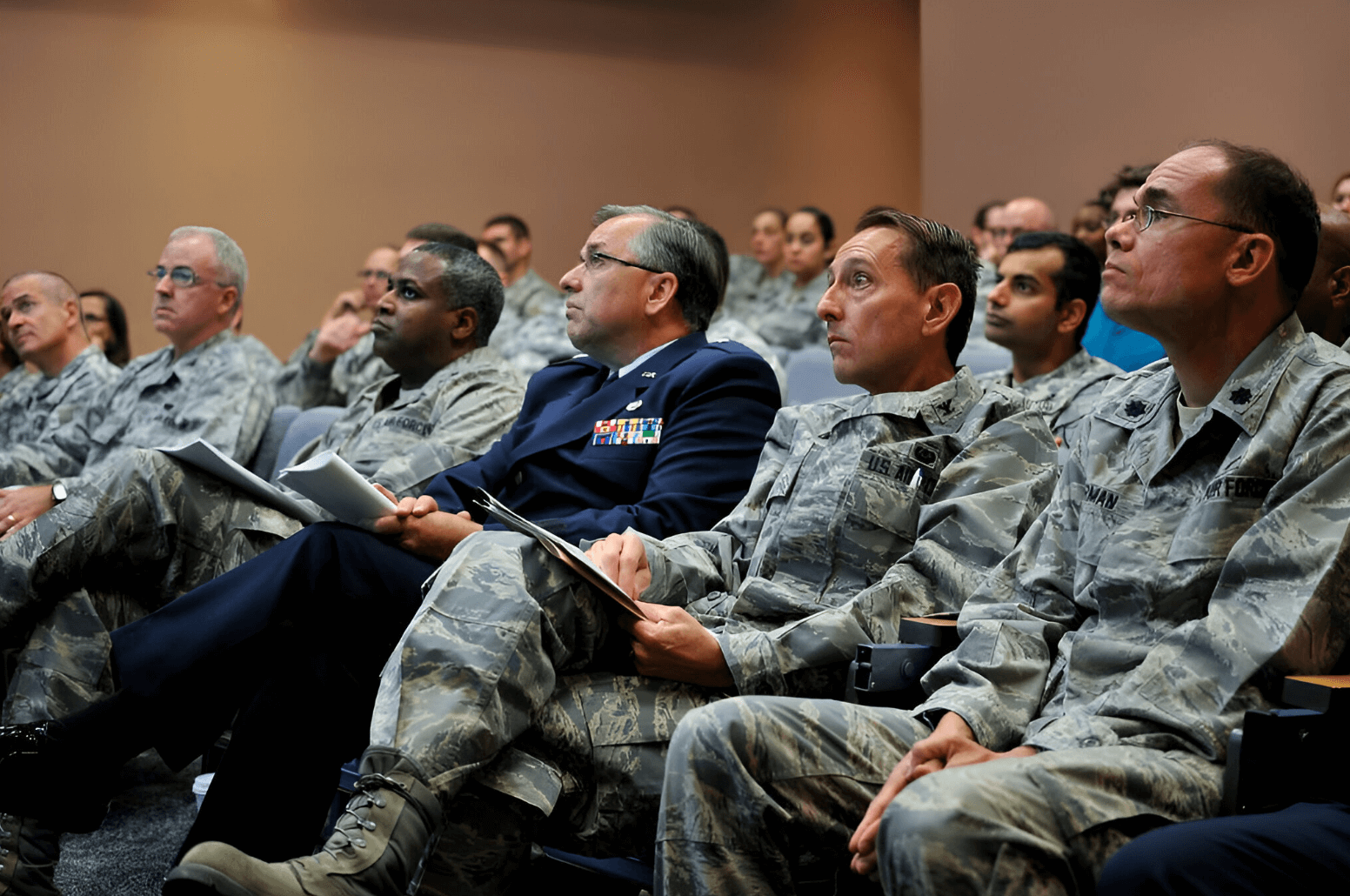Today’s Headlines and Commentary
Lawfare’s daily roundup of national security news and opinion.
Published by The Lawfare Institute
in Cooperation With

A record 3,850 Americans died of the coronavirus yesterday, hospitalizations increased in the U.S. for the 19th consecutive day and a total of 232,255 new cases were reported, according to Reuters.
With that grim backdrop, government advisers convened today to review the effectiveness of Moderna’s coronavirus vaccine, writes the Associated Press. The panel is widely expected to endorse the vaccine, paving the way for the Food and Drug Administration (FDA) to approve it for emergency use within hours or days. Both the Moderna and the Pfizer-BioNtech vaccines are most effective when people receive two doses a few weeks apart. However, Moderna’s vaccine will be far easier to distribute, since it can be stored in regular freezers rather than the ultra-cold temperatures required by Pfizer’s.
According to Politico, pharmacists have discovered that vials of the Pfizer-BioNTech coronavirus vaccine contain more than the expected supply of doses. The vials were supposed to hold five doses, but they actually contain enough fluid for six or seven doses. The FDAsaid late yesterday afternoon that pharmacists can use these extra doses, which will potentially increase the nation’s vaccine supply by 40 percent.
How did the U.S. government learn that foreign hackers breached at least twelve federal agencies, including the State Department and the Department of Homeland Security? Politico describes the timeline, which began with hackers infiltrating a top cybersecurity firm called FireEye and exploiting a vulnerability in SolarWinds’ management software to eventually gain access to government employees’ email accounts. “The seriousness and duration of this attack demonstrate that we still have enormous and urgent work to do to defend our critical information and networks, that we must move quicker than our adversaries do to adapt,” wrote House Intelligence Chair Adam Schiff in a statement.
French President Emmanuel Macron tested positive for the coronavirus, reports France 24. His diagnosis has forced several world leaders to self-isolate after coming into contact with the French president. His busy schedule included a European Union summit in Brussels last week, a conference in Paris on Monday and a lunch with the Portugese prime minister on Wednesday. Macron also had to cancel an upcoming trip to Lebanon.
Russia is banned from using its flag, name and anthem while its athletes compete in the next two Olympic Games or any other world sporting event, writes NPR. The World Anti-Doping Agency wanted a stiffer penalty for Russia, which systematically gave performance-enhancing drugs to athletes in violation of international anti-doping rules. Yet the Court of Arbitration for Sport reduced the length of Russia’s suspension from four years to two, explaining that it wanted to encourage “the next generation of Russian athletes to participate in clean international sport.”
In his annual press conference this morning, Russian President Vladimir Putin denied his involvement in the assassination attempt of opposition leader Alexei Navalny. “Who needs him anyway?” he laughed. “If we had really wanted, we'd have finished the job."According to the Washington Post, Putin also refused to admit that Russian agents were responsible for hacking into U.S. government agencies, even imputing that the U.S. interfered in Russian affairs. He declined to say whether he would run for reelection when his term ends in 2024.
Gen. Mark Milley, chairman of the Joint Chiefs of Staff, met with Taliban leaders this week in Qatar to push them towards a peace deal with the Afghanistan government. Talks between the two parties faltered earlier this month, writes the Wall Street Journal, and Taliban violence is rising just as U.S. troops are withdrawing from the region.
ICYMI: Yesterday on Lawfare
Jen Patja Howell shared an episode of The Lawfare Podcast entitled “The ‘Disbarred’ Edition.” Benjamin Wittes, Tamara Cofman Wittes, Susan Hennessey and Shane Harris discussed the massive computer hacking of U.S. government agencies.
Robert Chesney and Steve Vladeck shared an episode of the National Security Law Podcast entitled “Trumplandia in the Twilight.” They talked about the latest developments in the TikTok lawsuit, the Justice Department and the Supreme Court’s decision in United States v. Briggs.
Lester Munson shared an episode of the Fault Lines podcast entitled “Trump’s Administration Wrapped.” Munson sat down with a group of experts—including Michael Gottlieb, former associate counsel to President Obama—to explore whether President Trump had significant foreign policy wins during his term.
Robert Chesney discussed the three main questions raised by the U.S.’s capture of Cholo Abdi Abdullah, a member of the Somalian al-Shabaab terrorist group.
Stewart Baker shared an episode of the Cyberlaw Podcast featuring an interview with Alex Stamos, the former chief security officer at Facebook, about the implications of the European Union’s privacy legislation for sexual abusers.
Jonathan G. Odom debunked a new Chinese talking point about U.S. policy in the South China Sea.
Email the Roundup Team noteworthy law and security-related articles to include, and follow us on Twitter and Facebook for additional commentary on these issues. Sign up to receive Lawfare in your inbox. Visit our Events Calendar to learn about upcoming national security events, and check out relevant job openings on our Job Board.





